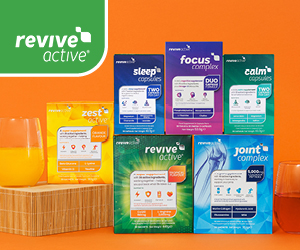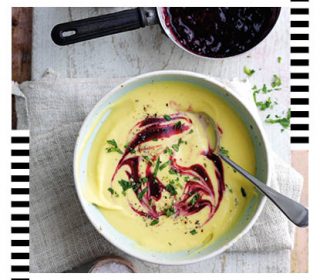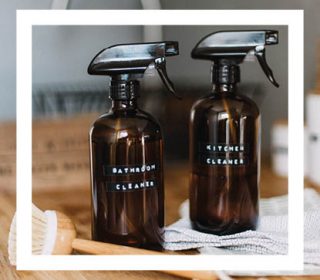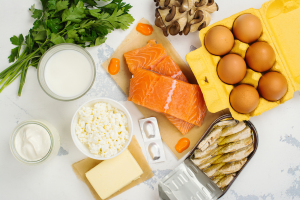Happy gut happy mind: the brain gut connection
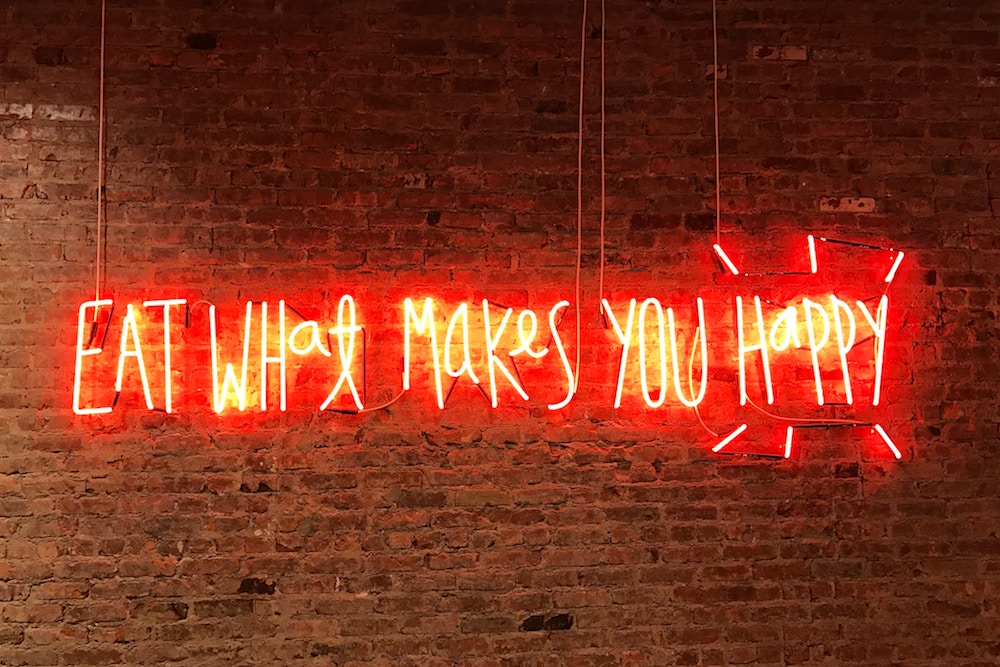
Think about this. You are a Swedish author asked to write a piece for Balance on how your gut, and its billions of bacteria, are connected to your brain and affect your mood. English is not your first language, so you get a little bit tense and register an unpleasant feeling in your stomach. Turns out that’s anxiety.
During the last decade, we have learned that many modern diseases are caused by a western lifestyle packed full of unhealthy food and low physical activity. But it has only recently become clear that our mood and mental wellbeing also enjoy a direct connection to our gut.
Think of the nasty sensations you endure during an acute stomach illness. What you feel on the way to the toilet is pure anxiety, created by the cells and bacteria in your intestinal lining producing serotonin that is reaching its way up in the brain through the vagus nerve. Afterwards, you’ll probably experience a total lack of energy, a headache and simply want to hide in a dark corner.
All of these feelings are created by your own immune system, not by the illness itself. For thousands of years, this has been an advantage for our ancestors, giving them a chance to heal without infecting other members of the clan.
GUTTING TO HEAR
In the last three or four years, the science concerning what dwells a few centimetres behind the navel (our gut) and how it affects us has exploded, thanks to rapid technological progress. Ten years ago, it would have cost me £100million to analyse the microbes in my gut. Now the price is just £100, and sharply falling, and there is more than one new study conducted every hour!
Perhaps the most important and worrying new finding is that our gut microbiome is performing under the threat of extermination. It’s not only whales and orangutans that are endangered species on this planet – in our own guts, friendly microbes that have co-evolved with us for eons are also struggling for survival. In fact, indigenous people in Tanzania or the Amazon have almost doubled the amount of bacterial species in their bodies compared to western society. And as in all ecological systems, fewer species mean you get closer to imbalance and accompanying catastrophe.
BACTERIA ON THE EDGE
In a healthy gut system with lots of microbiome species, when one disappears there are always others in line ready to close the gap. But, with fewer species in our western guts, the risk for invading, unwanted forms of bacteria and yeast is rising. Today, scientists agree that about 70 or 80 per cent of our immune defences hide inside our intestines. That goes back a billion years, when our ancestors were tiny microbes.
Since then, our first line of defence has been our internal friendly bacteria that attacks aggressive invaders and alerts our immune cells. But when our bacteria is weakened, our intestinal cells become vulnerable to attack and the result is all too often a chronically active immune system, causing low grade inflammation in the body and promoting sicknesses.
So, what can we do? In the future we will probably be able to boost our bacterial defences in several clever ways. There are hopes that diseases such as Parkinsons, IBS and even autism could be managed by a reconditioning of the gut microbiota, but we are not there yet.
Fortunately, there are other things we can do, such as eating foods that feed not only you, but also a healthy variety of your billions of gut microbes. The best way to do this is simply by eating a great variety of different plants. One study found that those who ate more than 30 different types of plants every week had the strongest, most varied and least pro-inflammatory microbiota. It therefore seems even more important to eat an array of plants, rather than a large volume of just a few varieties.
Why is this? Probably because different plants carry different kinds of fibres that can be fermented by the bacteria in our intestines. Another way to promote a healthy gut is to eat food of all the colours of the rainbow. Each colour represents a wide range of bioactive compounds, so by eating in this fashion, your bacteria will develop vitamins, hormones, nutrients and other good things for your body in their very small bacterial factory sites. Adopting a steady routine for eating and sleeping is a primer for a healthy gut, too.
Stress makes an almost immediate impact on the gut bacteria, changing the advantage from the friendly defenders to the poisonous intruders. And speaking of stress, my article is now finished and I am no longer worried about writing in English. My gut has relaxed and so have my microbiome friends down under! I hope to keep them that way for a long time yet…
Henrik Ennart is a Swedish journalist who, together with chef Niklas Ekstedt, is co-author of the international bestselling cookbook Happy Food, which is out now (Absolute Press, £22)





